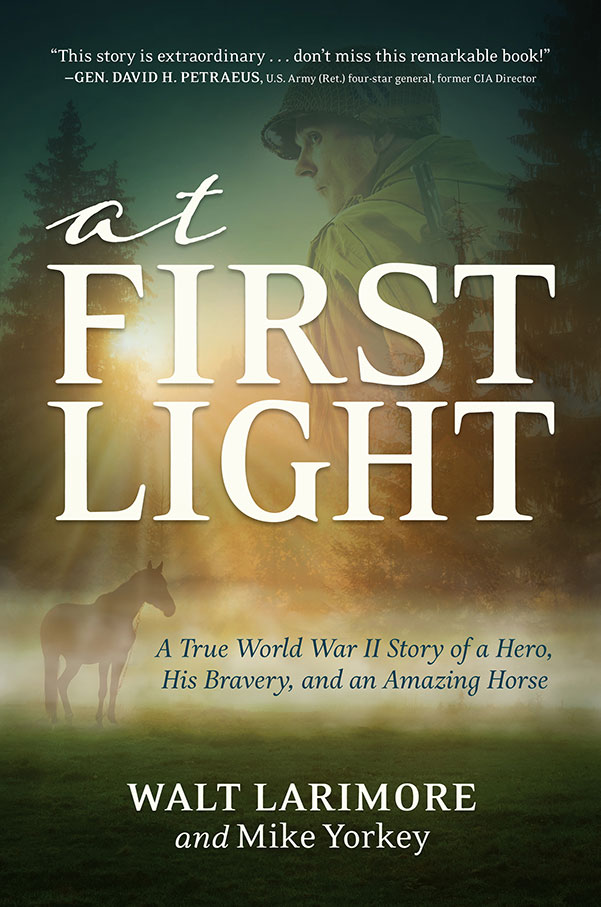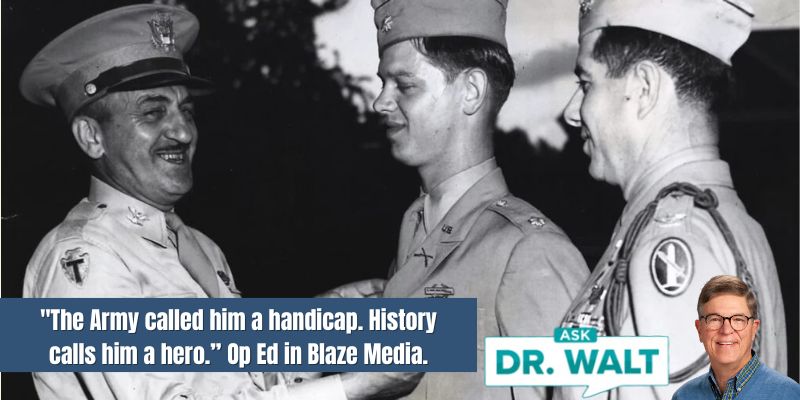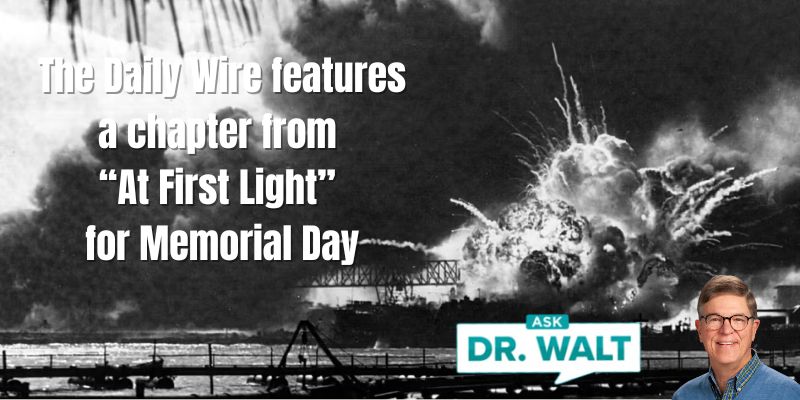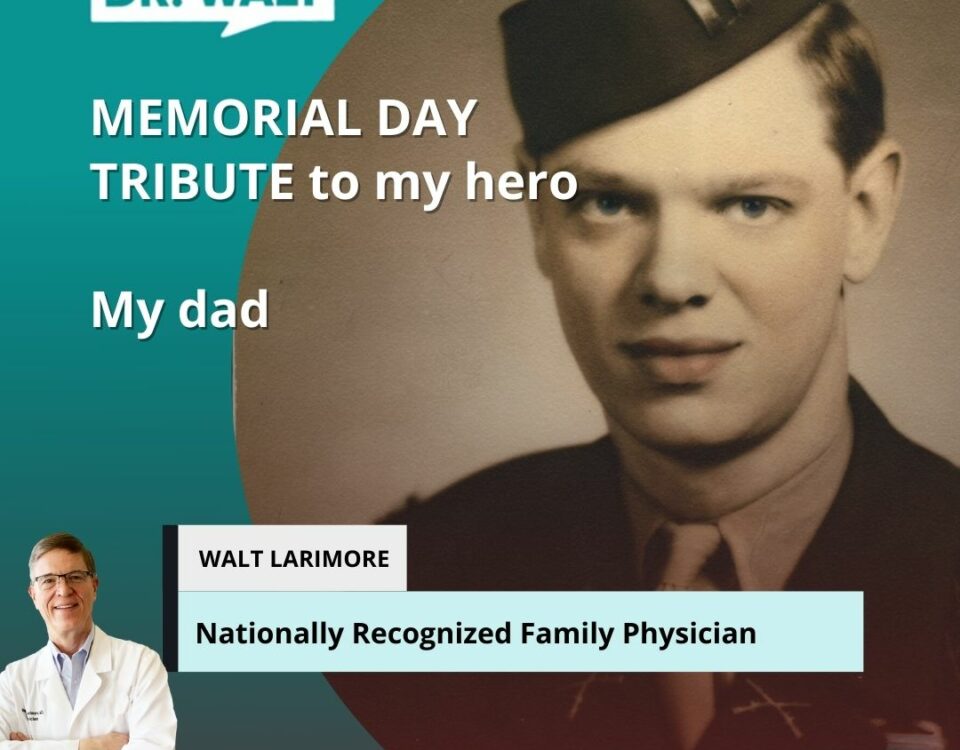
September 1, 1944 – Dad uses a new technique for his men to fight house to house
September 1, 2024
List of my August WWII Blogs on “Where were my Dad and his men 80 years ago today?”
September 3, 2024At 1130 on September 2nd, General Dahlquist ordered a reconnaissance patrol to investigate reports that Lyons east of the Rhône had already been evacuated. Early that afternoon, it was confirmed that the Germans had fallen back as far as the Rhône.[1]

At 1700 on September 2nd, General Butler ordered the 36th Division not to enter Lyons. … This was a gentlemanly gesture on Butler’s part; while the Americans waited on the outskirts of Lyon, French troops marched in and claimed the honor of liberating the city, although by this time only a few isolated pockets of German troops remained.[1]
~~~~~
During September 2-3, Dad’s 30th Infantry assembled. … A patrol from the 30th Infantry went to north on a main highway through Beuville-sur-Ain and contacted a platoon of the 3d Reconnaissance Troop and a unit of 180th Infantry.
The patrol continued north and found the bridge across the Suran River blown; continued to Villereversure, Simandre-sur-Suran and Trefort, and was told by the FFI[2] that Cruislat was also clear of the enemy.
A patrol from Company I crossed the bridge at Villereversure, and failed to make enemy contact. Another patrol went northwest on the road to Charlamonte with the same results.
The enemy apparently was still rapidly withdrawing.
The 3rd Division again entrucked and conducted a march of over seventy-five miles to contact the enemy.[3]
Phil and his men always appreciated when they could get a lift and not have to march and fight at the same time.
Patch had ordered Truscott to let French forces be the first to enter Lyon, and when they did on September 3, they found that the Germans had withdrawn northward.[4]
[1] Turner, 69.
[2] The FFI were the French Forces of the Interior who were French resistance fighters in the later stages of World War II.
[3] Taggart, 224.
[4] Heefner. Dogface Soldier, 207.
In case you haven’t read or listened to Dad’s book, you can learn more or order it here.
© Copyright WLL, INC. 2024.




